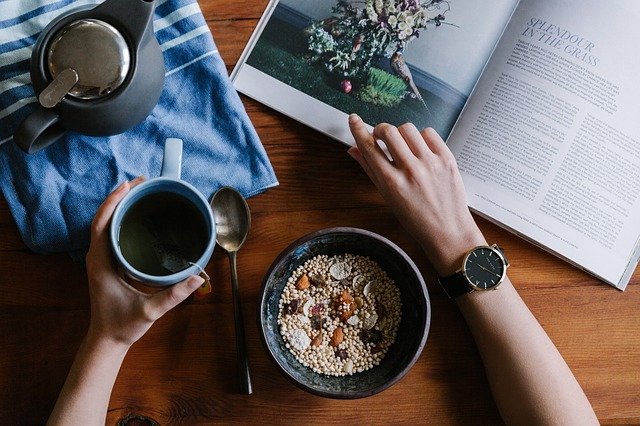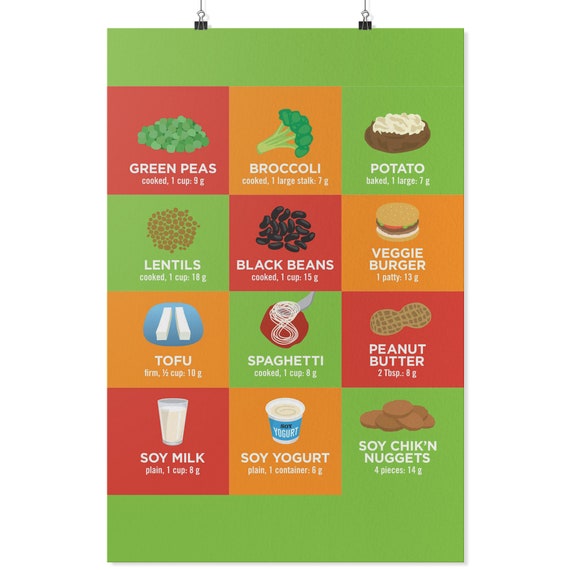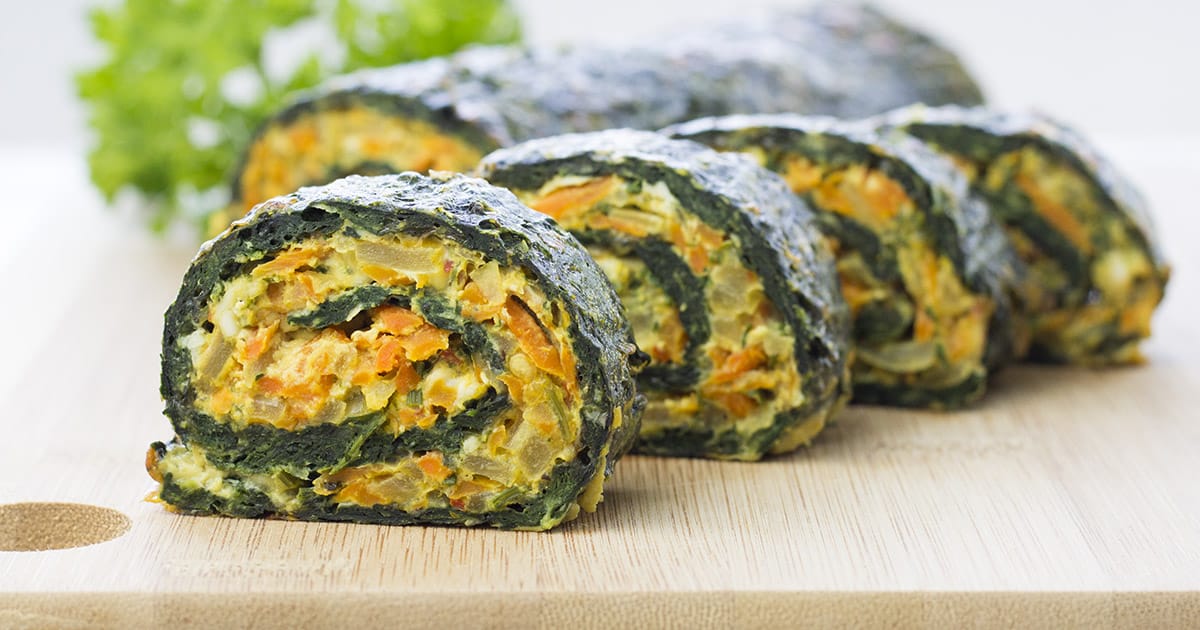
Vitamin B12, which is essential for your body's health, can be found in plenty of vegetables. You can also obtain this vitamin from dairy products, eggs, and fish. However, you should be aware of the risks associated with the deficiency of this vitamin, and you should consider a multi-vitamin, if possible.
Acido docosapentaenoico
Acido docosapentaeico is a poliinsaturated Omega-3 fatty acid. Its carbono 3 double enlace is its first. It is one of three types of omega-3 fatty acids. It is the most abundant of these acids in vegetables. Its other names include docosahexaenoic acid, acido docosahexaenoico, acido docosapentaenaesaenoico, and eicosapentaenoico.
This fatty oil plays many important roles in the human body. It is the major component of cell membranes and neuronal membranes. It is also an important part of breastmilk. It is thought to protect against certain diseases.

Omega 3 fatty oils are well-known for their health benefits. They are not one compound, unlike other fatty acids. They are a complex of poliinsaturated fats, which are classified essential. Supplementation is necessary to ensure sufficient intake of these essential fatty acids in the body.
Iperomocisteinemia
Iperomocisteinemia, which affects the nervous systems and can cause many health problems, is known as a disorder. It is associated with many neurological disorders, such as Parkinson's and epilepsy. While the exact link between iperomocisteinemia, these diseases and iperomocisteinemia isn't yet established, there are potential connections between high levels of this amino acids and these conditions.
There are foods high enough in vitamin B12 and low levels of folic Acid that can balance vitamin levels. People with low levels of vitamin B12 and folic Acid are at greater risk of developing precocious cardiomyopathy.
This condition is best avoided by those who eat a lot of cereals and animal proteins. They should drink a minimum of two liters of water daily and eat lots of vegetables.

Olotranscobalamina II
Olotranscobalamina II is an important nutrient that can be found in a variety of vegetables. Recent studies show that the presence this vitamin in vegetables has been linked to lower homocysteine levels. Vegans also had higher levels of vitamin B12, and methylmalonic acid than those who ate meat.
Olotranscobalamina II was shown to increase specific uptake of vitamin B12 in cells. The circulating holoTC II levels are not a reliable indicator about vitamin B12 status in vegetarians. We evaluated the diagnostic potential of circulating holoTCII and total homocysteine in vegetarians at higher risk of developing vitamin B12 deficiency. We studied 119 young healthy vegetarians. We found that none of them had folate deficiencies.
Despite the fact that the study was limited only to vegetarians olo-TC is still a reliable biomarker for vitamin B12 intake in plant-based diets. Holo-TC can be a standalone biomarker, but it should be used in concert with cellular B12 status biomarkers to identify people who may be deficient in this vital nutrient.
FAQ
Exercise: Good or Bad for Immunity?
Your immune system is strengthened by exercise. Your body creates white blood cells, which are immune-boosting and fight infection. You can also eliminate toxins from the body. Exercise can help prevent heart disease and cancer. It can also lower stress levels.
But too much exercise can damage your immune system. Your muscles can become sore if you exercise too much. This can cause inflammation and swelling. The body will then produce more antibodies to fight infection. Problem is, extra antibodies can trigger allergies and other autoimmune conditions.
So, don't overdo it!
How much should I weight for my height and age? BMI chart & calculator
To determine how much weight loss you need, a BMI calculator is your best friend. The healthy BMI range for a healthy person is 18.5 to 24.9. If you want to lose weight, then you should aim to drop about 10 pounds per month. Enter your height and weight to calculate your BMI.
This BMI chart can help you find out if or not you are obese.
What should I eat?
Get lots of fruits & vegetables. These vegetables and fruits are rich in vitamins and minerals that will keep your immune system strong. They are also rich in fiber, which is good for digestion and makes fruits and vegetables filling. Include at least five portions of fruit and vegetables per day.
Drink plenty of water. Water flushes toxins out of the body and helps to feel full between meals. Drink about eight glasses each day.
Refined grains should be replaced with whole grains. Whole grains retain all nutrients including B vitamins, iron and zinc as well as calcium, magnesium, calcium, protein, and magnesium. Refined grains are stripped of some of their nutritional value.
Avoid sugary drinks. Sugary drinks can be a source of empty calories, which can lead to obesity. Instead, opt for water, milk, or unsweetened tea.
Avoid fast food. Fast food has very little nutritional value. Fast food may be delicious, but it will not give you the energy that you need to perform your tasks properly. Choose healthier options like salads, soups and sandwiches as well as pasta dishes.
Limit your alcohol consumption. Alcohol is a poor nutrient and has empty calories. Limit your consumption to no more then two alcoholic beverages per week.
Reduce your consumption of red meat. Red meats have high levels of cholesterol and saturated fat. You should choose lean cuts like beef, pork lamb, chicken and fish instead.
Supplements and herbs can improve immunity
You can boost your immune function with herbs and natural remedies. Examples include ginger, garlic and oregano, echinacea, vitamin C, ginkgo Biloba, and echinacea.
However, these herbal remedies should not replace conventional medical treatment. Side effects include nausea, dizziness and stomach cramps.
How do you know what is best for you?
You must listen to your body. Your body knows what you need when it comes time to eat, exercise, and get enough rest. Your body will tell you what to do so that you don't go overboard. Listen to your body and make sure you're doing everything you can to stay healthy.
What is the difference between a virus and a bacterium?
A virus, a microscopic organism that can not reproduce outside of its host cells, is called a virus. A bacterium, a single-celled organism, reproduces by splitting into two. Viruses are very small (about 20 nanometers) while bacteria are larger (up to 1 micron).
Viruses can be spread by contact with bodily fluids containing infected substances, such as saliva, urine and semen. Bacteria are usually spread through direct contact with contaminated objects or surfaces.
Viral infections can be transmitted through skin cuts, scrapes and bites. They can also get into the skin through the nose, mouth and eyes, ears as well as through the rectum, rectum and anus.
Bacteria can be introduced to our bodies by cuts, scrapes or burns. They may also come into our bodies through food, water, air, soil, dust, or animals.
Viruses and bacteria both cause illness. But viruses can't multiply within their host. Infecting living cells is what causes them to become sick.
Bacteria can cause illness by multiplying in the body. They can also invade other parts of your body. They can even invade other parts of the body, which is why antibiotics are necessary to eradicate them.
Statistics
- According to the Physical Activity Guidelines for Americans, we should strive for at least 150 minutes of moderate intensity activity each week (54Trusted Source Smoking, harmful use of drugs, and alcohol abuse can all seriously negatively affect your health. (healthline.com)
- Extra virgin olive oil may benefit heart health, as people who consume it have a lower risk for dying from heart attacks and strokes according to some evidence (57Trusted Source (healthline.com)
- According to the 2020 Dietary Guidelines for Americans, a balanced diet high in fruits and vegetables, lean protein, low-fat dairy and whole grains is needed for optimal energy. (mayoclinichealthsystem.org)
- This article received 11 testimonials and 86% of readers who voted found it helpful, earning it our reader-approved status. (wikihow.com)
External Links
How To
How to Keep Your Body Healthful
This project had one goal: to provide some tips on how to keep your body healthy. The first step towards maintaining health is to understand what you should do to maintain your health. This was necessary because we needed to know what is best for us. We looked at many different methods that people tried to improve their physical and mental health. Finally, these tips helped us to stay happier and healthier.
We began by looking at different kinds of food. We discovered that some foods are not good for us and others are better. We know sugar can cause weight gain and is therefore very harmful. On the other hand, fruits and vegetables are good for us because they contain vitamins and minerals that are essential for our bodies.
Next, exercise was discussed. Exercise strengthens our bodies and gives us more energy. It makes us feel good and happy. There are many exercises you can do. Some examples include walking, running, swimming, dancing, playing sports, and lifting weights. Yoga is another option to increase strength. Yoga can be a great exercise as it increases flexibility, improves breathing and is a great way to increase strength. We should avoid junk food and drink lots of water if we are trying to lose weight.
Finally, we talked about sleep. We need to sleep every night. If we don’t get enough sleep, our bodies can become fatigued and stressed. This leads to problems such as headaches, back pain, depression, heart disease, diabetes, and obesity. It is essential that we get sufficient sleep in order to keep our health good.